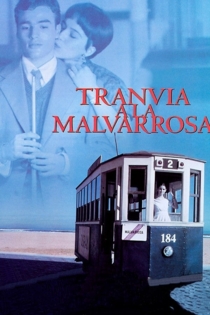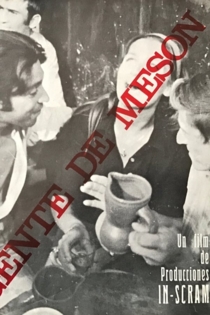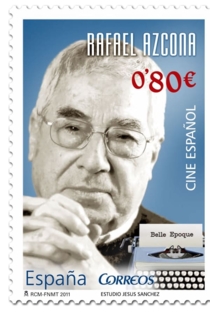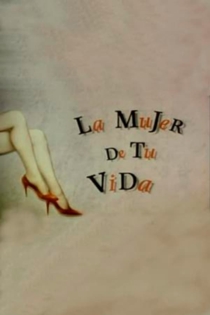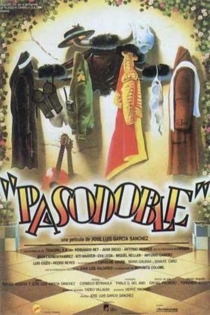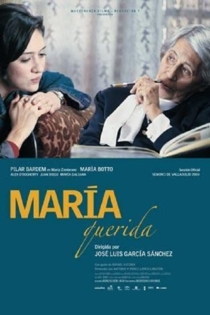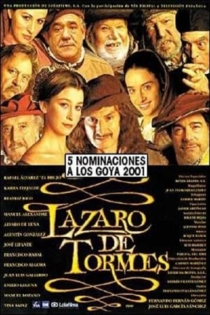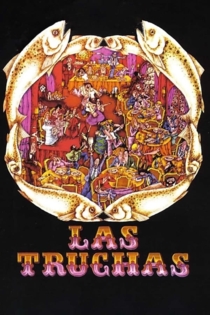
José Luis García Sánchez
1941 (84 года)La corte de Ana
Fernando Méndez-Leite
Ana Belén, Fernando Colomo
She appeared when Spain was waking up from a long post-war period and crying with melodramas starring children, a child prodigy unlike any other; a girl who, in time, would become a symbol of freedom and a total artist. Actress, singer, friend, lover. This is the story of Ana Belén.
La corte de Ana
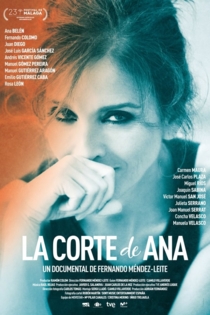
Historias de nuestro cine
Ana Pérez-Lorente, Antonio Resines
Antonio Resines, Luis Alegre
In Spain, on May 11, 1896, at the Price circus, the first moving images ever shown in the country are projected. From that event, the Spanish actor Antonio Resines intends to compile a series of anecdotes to shape the amazing history of Spanish cinema, holding several conversations with prominent figures of the Spanish film industry.
Stories of Our Cinema
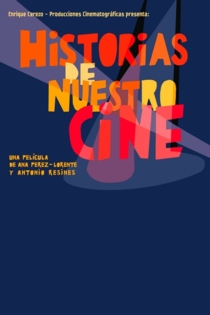
Dolores
Andrés Linares, José Luis García Sánchez
Dolores Ibárruri, Ana Belén
Based on the life of Dolores Ibarruri (La Pasionaria), president of the PCE. The film is a documentary, prepared over three years with archive material from Moscow, Berlin, Paris, Havana, Yugoslavia and Basque and Spanish film libraries.
Dolores
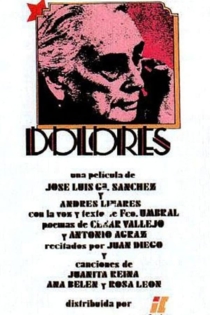
Divinas palabras
José Luis García Sánchez
Ana Belén, Imanol Arias
A work of Valle-Inclán, the story takes place in Galicia in the early twentieth century. To escape poverty, the wife of a sacristan uses a hydrocephalic child as a sideshow attraction. This causes a confrontation with her sister-in-law.
Divine Words
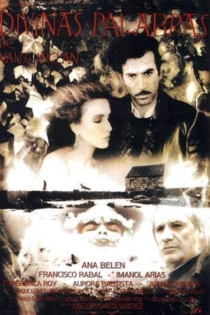
La corte de Faraón
José Luis García Sánchez
Ana Belén, Antonio Banderas
In the early Spanish Civil Post-war, in Madrid, during the most hard times of the Franco dictatorship, a group of second-rate players try to get out of their wretched lives taking advantage of the artistic caprices of the son of a rich man who supports the regime. They try to stage a Pre-war 'zarzuela' (a sort of Spanish operetta), 'La Corte Del Faraón', which ironically, thirty years later, is too obscene for the regime censorship. They finally manage to perform the 'zarzuela' but end up in the police station where they confirm that justice depends on which side are you on
The Court of the Pharaoh
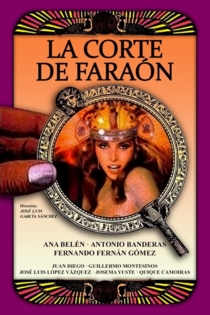
La noche más larga
José Luis García Sánchez
Juan Echanove, Carmen Conesa
Fifteen years after the plot a lawyer and a military ex-attorney meet and recall the intense days of 1975 when both participated in the decission of war or peace. The film is told in flashbacks of the two protagonists.
The Longest Night
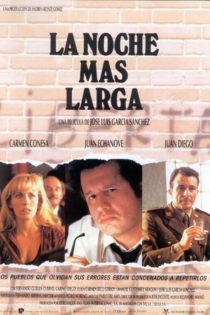
Hay que deshacer la casa
José Luis García Sánchez
Amparo Rivelles, Amparo Soler Leal
Ana is a middle aged woman who many years ago decided to start a new life in Paris. Now she must return to her hometown after the death of her parents, since they have left her an inheritance. There she meets Laura, her only sister, with whom she has to share the money received and, especially, an old house located in the center of Guadalajara. Now, the two women will have to leave the differences and problems behind that have arisen in the past to catch up and recover the fraternal relationship. Written by lament
Hay que deshacer la casa
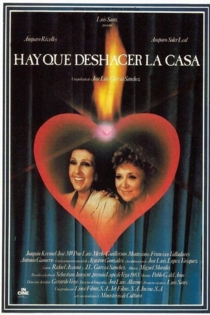
Tranvía a la Malvarrosa
José Luis García Sánchez
Liberto Rabal, Jorge Merino
The film is based on the autobiography of writer Manuel Vincent. His father doesn't want him to become a writer and sends him to Valencia law school. One day Manuel sees his dream girl and follows her on a trolley car to Malvarossa beach. He then studies in college, meets call girl La China who teaches him love secrets, but still remembers that girl.
Tranvía a la Malvarrosa
